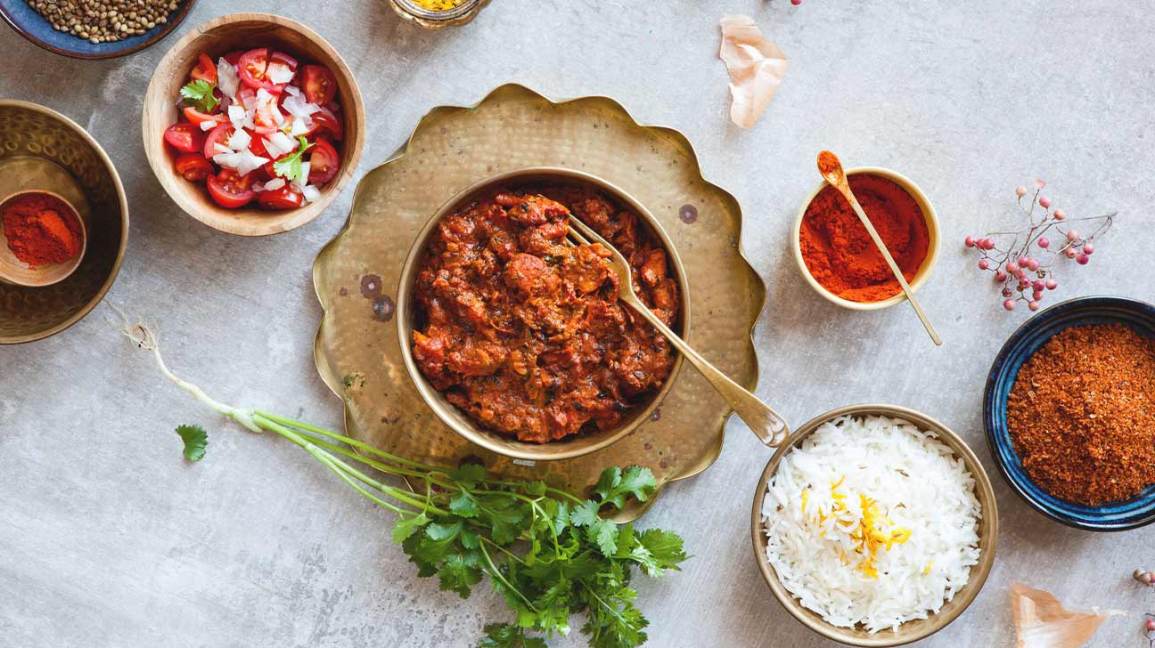 Mustard is largely made from mustard seeds, which are ground up and then mixed with a little water, vinegar, salt and spices. The spicy and pungent taste makes mustard the perfect accompaniment to hearty dishes, such as sausage and meatballs – but it also goes great with a piece of cheese on bread or in salad dressings.
Mustard is largely made from mustard seeds, which are ground up and then mixed with a little water, vinegar, salt and spices. The spicy and pungent taste makes mustard the perfect accompaniment to hearty dishes, such as sausage and meatballs – but it also goes great with a piece of cheese on bread or in salad dressings.
If you have ever eaten too much mustard at once, you probably know the unpleasant pulling sensation in your nose. But it is exactly the sharp components of mustard that make it so healthy. So choose the strong mustard instead of tomato ketchup for your next bratwurst.
Is mustard healthy?
Mustard contains among other things few calories. While sweet and medium hot mustard contains 87 calories per 100 grams, hot mustard contains only 79 calories. For comparison: tomato ketchup contains 110 calories per 100 grams. In addition, it contains few carbohydrates – sweet and medium hot mustard contain 6 grams, hot mustard 4 grams, while ketchup contains a whopping 24 grams of carbohydrates.
But the healthiest thing about mustard is not the few calories or carbohydrates, but the mustard oils, also called mustard glycosides, which give it its pungency. Mustard oil glycosides are secondary plant compounds that protect the plant from predators. These secondary plant compounds also have numerous positive effects on the human body.
By the way: The hotter the mustard, the better – because the more mustard oil glycosides it contains.
1. Mustard helps with muscle cramps
Strong, involuntary muscle tensions, also called muscle cramps, are more than unpleasant and occur especially often after an intense workout. The muscles are highly irritated after the workout and over-sensitive to impulses sent by the brain. The acetic acid contained in mustard can prevent the cramps by stimulating the production of acetycholine, a neurotransmitter that stimulates blood flow. This allows the cramp to resolve more quickly and your pain to pass quickly.
The 10 best magnesium suppliers
2. Mustard stimulates digestion
Greasy food is hard on the stomach. Mustard can help here, because the pungent mustard glycosides increase the production of saliva and gastric acid. This in turn promotes the decomposition of the food. Thus mustard supports the digestion in a positive way.
3. Mustard oil protects against bacterial infections
A recent laboratory study by the University of Heidelberg has found that mustard oils can help against bacterial infections. Particularly persistent bacterial infections are caused by pathogens that protect themselves from the immune system and antibiotics by forming a biofilm that acts like a “shield”. Thanks to the biofilm, the pathogen is able to survive for a longer period of time. The university study now showed that mustard oil can inhibit the production of precisely these biofilms.
Mustard oils act not only against bacteria, but also against viruses, and at the same time have an anti-inflammatory effect. Thus, a new therapeutic approach to fight infections may have been found. However, research into treatment strategies against multidrug-resistant germs is still in its early stages.
4. Mustard as a remedy against heartburn
Heartburn is caused by the rise of acidic stomach contents into the esophagus – also called reflux. Acid regurgitation as well as pressure on the stomach and stomach pain are accompanying symptoms here. In addition to a weakening of the esophageal sphincter, it can also be caused by the presence of too much stomach acid, i.e. the stomach is overacidified. There is a suggestion that sweet mustard can stabilize the pH in the stomach. However, spicy mustard can have the opposite effect on a nervous stomach.
5. Mustard as a remedy against cancer
Scientists at the Rosswell Park Cancer Institute in New York found that cancer-causing (carcinogenic) substances could be rendered harmless by mustard oil glycosides, thereby blocking the development of tumors. Chinese researchers at Nanfang Hospital also found that mustard seed extract prevents colon cancer cells from growing.
What is the best way to store mustard?
A sealed jar of mustard will keep for several years – once opened, store in a cool, dark place. If you leave mustard at room temperature, the mustard oils will decrease and the mustard will become less pungent.
Whether as a digestive aid or against muscle cramps – mustard can support your health in many ways. Of course, it is clear that it cannot replace a healthy, protein-rich diet. Nevertheless, there are plenty of good reasons to put it on your sausage or bread more often or to incorporate it into delicious sauces.

